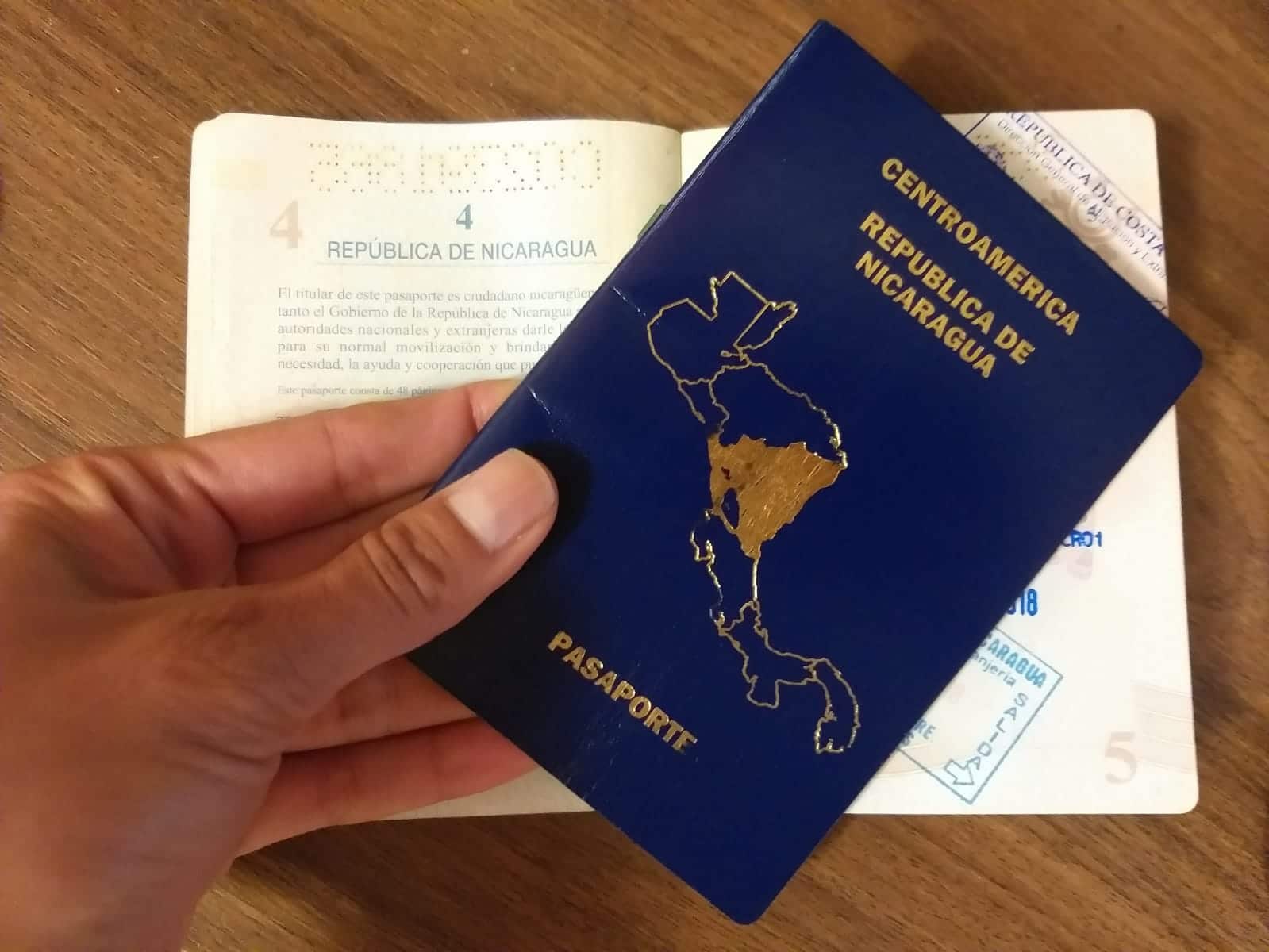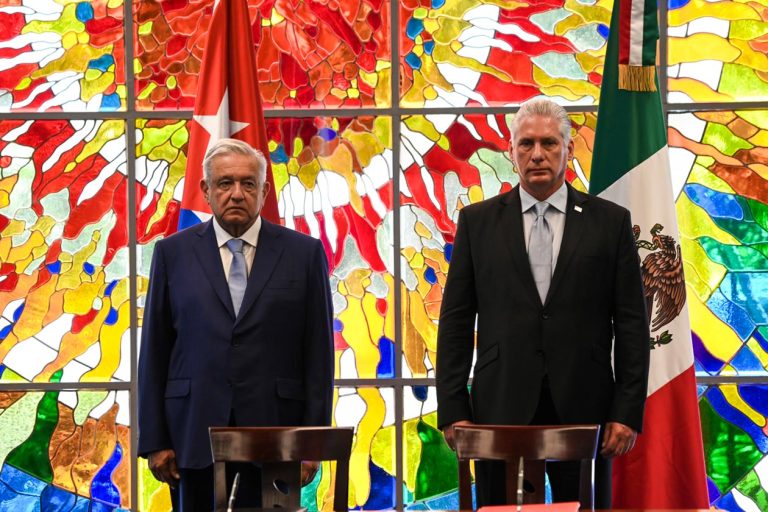14 de mayo 2022

Nicaragua: Public Employees Hindered from Traveling to USA

PUBLICIDAD 1M
PUBLICIDAD 4D
PUBLICIDAD 5D
Andres Manuel Lopez Obrador is an admirer of Fidel Castro and the Cuban Revolution, yet he proposes a path to a democratic and capitalist transition

The recent Central American tour undertaken by Mexican President Andres Manuel Lopez Obrador (known as AMLO) served to summarize the contradictions in his proposed plan for a new transformation within the Latin American left. Since his presidential campaign five years ago, AMLO has defined himself as a twenty-first century figure from the post-Castro / post-Chavez left, called upon to administer with special care the continuities and ruptures with his predecessors.
In these visits, the Mexican president personified the contradictions: he admires Fidel Castro and the Cuban revolution, but proposes a path towards democratic and capitalist transition, and a form of alliance with the United States that diverges radically from the current reality of Cuban socialism. AMLO justifies the lack of democracy in Cuba, and backs the criminalization of the popular protesters and peaceful opposition on the island, labeling these the perverse effects of the US embargo on Cuba. However, he also projects himself as the regional ally of Havana’s historic antagonist – the United States.
In Belize, an independent country where Queen Elizabeth II is still considered Head of State, Lopez Obrador offered a world vision at the complete opposite pole from the Bolivarian left. In his view, a “decline in the United States” in the face of “China’s economic and commercial advance” could become a new “hegemony”, representing a “geopolitical danger.” This danger should be confronted via the formation of an integrated bloc made up Latin America, the United States and Canada, along the lines of the European Union.
The leftist tradition built on the heels of Fidel Castro and Hugo Chavez has always advocated for resistance against Yankee Imperialism, or – essentially the same thing – forming a counterweight to Washington’s hemispheric hegemony through alliances with rival powers. During the cold war, that rival power was the USSR; after the Berlin Wall fell, it became Russia, China, North Korea, Iran or Libya. Other geopolitical initiatives, such as the BRICS alliance between Brazil, Russia, China, India and South Africa championed by Lula da Silva, also sought alternatives via a coalition of southern nations or mid-level powers.
AMLO’s geopolitical proposal has no precedent in the 20th century Latin American left, not even in the traditions of past Mexican presidents Lazaro Cardenas or Luis Echevarria, with their strong focus on the Third World. The closest precedent is the anti-communist reformism of the Cold War, as proposed by the APRA Party in Peru or the Democratic Action Party in Venezuela. The chief “geopolitical danger” of that time – which supposedly justified a closeness with the United States – was the USSR. Now, in AMLO’s view, it’s China.
The day after his speech in Belize, Lopez Obrador spoke at Havana’s Palace of the Revolution. He reiterated the idea of forming a bloc with the United States and Canada, with a few variations. He stated that the disjunctive between integration or confrontation with Washington was a false one; he proclaimed he would advocate with Joe Biden for an end to the US embargo against the island. He further declared that the Revolution should be reborn and renew itself, and that he would never support “coup plotters” against Cuba. But, there’s just one small detail: according to the Communist Party that governs the island, the chief “coup plotter” in Cuba and Latin America is called the United States.
*This article was originally published in La Razón de México and traslated by Havana Times
PUBLICIDAD 3M
Historiador y ensayista cubano, residente en México. Es licenciado en Filosofía y doctor en Historia. Profesor e investigador del Centro de Investigación y Docencia Económicas (CIDE) de la Ciudad de México y profesor visitante en las universidades de Princeton, Yale, Columbia y Austin. Es autor de más de veinte libros sobre América Latina, México y Cuba.
PUBLICIDAD 3D